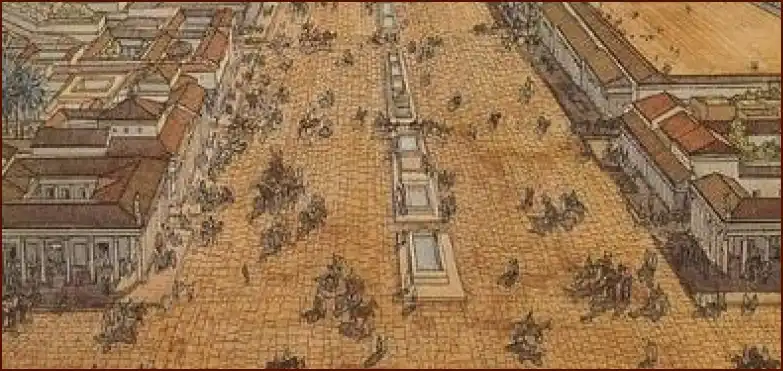The Hellenistic period was an age of dramatic political change, and no historian captured this transformation better than Polybius of Megalopolis (c. 200–c. 118 BC).
Table of Contents
A Greek statesman who was taken to Rome as a hostage, Polybius had a unique vantage point from which to observe the single greatest political phenomenon of his time: the meteoric rise of the Roman Republic to Mediterranean dominance. His major work, The Histories, is a masterpiece of pragmatic, analytical history that sought to explain ‘how’ and ‘why’ Rome succeeded.
To learn from Polybius is to learn a new way of writing history. He rejected the sensationalism and rhetorical flourishes of some of his contemporaries in favor of a clear, rational, and evidence-based approach. His goal was not simply to entertain but to provide his readers with a practical understanding of political and military power that could be useful in their own lives.
🏛️ The Central Question: The Rise of Rome
Polybius’s ‘Histories’ were driven by a single, powerful question: how did the Romans, in less than 53 years, manage to conquer nearly the entire inhabited world? To answer this, he undertook a “universal history,” a narrative that connected the events happening in Greece, Italy, and the Near East to show how they all contributed to Rome’s ascendancy. This was a groundbreaking approach that moved beyond local histories to create a cohesive narrative of the Mediterranean world.
He argued that Rome’s success was not due to luck (tyche) alone, but to the superiority of its political and military systems. This focus on cause and effect is a hallmark of his work.
⚖️ A New Method for History
Polybius was deeply critical of what he called “tragic history”—historiography that focused on dramatic speeches and shocking events to evoke emotion. He believed the historian’s job was to be a truthful and impartial investigator. His own method was built on three pillars:
- Documentary Research: The careful study of written sources and records.
- Geography and Topography: A firsthand knowledge of the places where historical events occurred, especially battlefields.
- Political and Military Experience: He believed that only someone with practical experience in politics and warfare could truly understand and explain historical events.
One of his most influential contributions was his analysis of the Roman constitution. He argued that Rome’s stability and power came from its “mixed constitution,” a blend of monarchy (the consuls), aristocracy (the Senate), and democracy (the popular assemblies). This system of checks and balances, he claimed, prevented any one part of the state from becoming too powerful, a theory that would later have a profound influence on Enlightenment thinkers and the framers of the United States Constitution.
More Topics
- How Philosophy Influenced Hellenistic Writing
- How to Understand the Hellenistic Book Roll
- How to Read Hellenistic Didactic Poetry
- How Literary Rivalry Shaped Hellenistic Poetry
- How to Appreciate Hellenistic Women Poets
- How Scholarship Became Literature in the Hellenistic Era
- How Royal Patronage Shaped Hellenistic Literature

